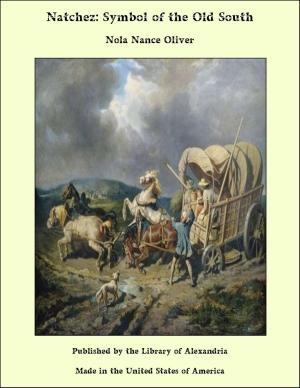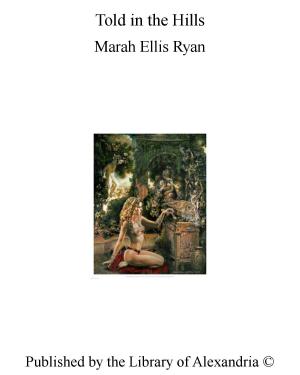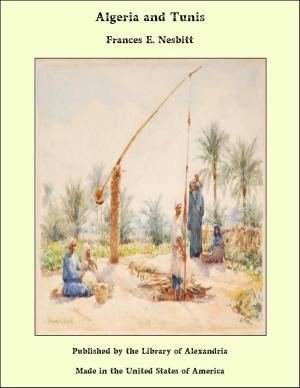Fusang Or The Discovery of America By Chinese Buddhist Priests In The Fifth Century
Nonfiction, Religion & Spirituality, New Age, History, Fiction & Literature| Author: | Charles Godfrey Leland | ISBN: | 9781465578686 |
| Publisher: | Library of Alexandria | Publication: | March 8, 2015 |
| Imprint: | Language: | English |
| Author: | Charles Godfrey Leland |
| ISBN: | 9781465578686 |
| Publisher: | Library of Alexandria |
| Publication: | March 8, 2015 |
| Imprint: | |
| Language: | English |
It will be readily understood that a race holding such opinions would undertake no voyage of discovery, and attempt no conquests. Not a single instance occurs daring the entire four thousand years of the history of Eastern Asia, of an individual who had travelled in foreign lands for the purpose of adding to his own information or that of others. The journey of Lao-tse--the founder of the religion of the Taosse-- to the West appears to be a tale deliberately invented for the purpose of connecting his doctrine of the Primitive and Infinite 'Wisdom with that of "The Western Mountain of the Gods," or with Buddhism. The campaigns beyond those limits which Nature has assigned to the Chinese Empire, were undertaken merely through the impulse of self-preservation. Men were compelled, in Central as in Eastern Asia, in Thibet as well as on the banks of the Irawaddy, to anticipate the dangers and invasions which, at a later period, threatened the freedom of the Central Empire, and were frequently obliged to send ambassadors or spies into different Asiatic or European countries to obtain information relating to their situation and nature, as well as the condition of their inhabitants, which could guide them in their subsequent warlike or diplomatic relations with the enemies of the Empire. This land, so blessed by Nature, attracted not only the barbarian desirous of plunder, but also the merchant, since certain productions, such as silk, tea, and true rhubarb, were found only there. The Chinese Government as well as people, influenced by the precepts of their wise men, received strangers graciously so long as they implicitly obeyed, or in any manner evinced fear and submission, and returned the presents which were offered according to Oriental custom with others of still greater value. All the discoveries and experiences, all the knowledge and information which they thus obtained in their peaceful or warlike relations with foreign nations, were generally recorded in the last division of the "Year-Books" of their own chronicles, forming, in an historical point of view, an inestimable treasure.
It will be readily understood that a race holding such opinions would undertake no voyage of discovery, and attempt no conquests. Not a single instance occurs daring the entire four thousand years of the history of Eastern Asia, of an individual who had travelled in foreign lands for the purpose of adding to his own information or that of others. The journey of Lao-tse--the founder of the religion of the Taosse-- to the West appears to be a tale deliberately invented for the purpose of connecting his doctrine of the Primitive and Infinite 'Wisdom with that of "The Western Mountain of the Gods," or with Buddhism. The campaigns beyond those limits which Nature has assigned to the Chinese Empire, were undertaken merely through the impulse of self-preservation. Men were compelled, in Central as in Eastern Asia, in Thibet as well as on the banks of the Irawaddy, to anticipate the dangers and invasions which, at a later period, threatened the freedom of the Central Empire, and were frequently obliged to send ambassadors or spies into different Asiatic or European countries to obtain information relating to their situation and nature, as well as the condition of their inhabitants, which could guide them in their subsequent warlike or diplomatic relations with the enemies of the Empire. This land, so blessed by Nature, attracted not only the barbarian desirous of plunder, but also the merchant, since certain productions, such as silk, tea, and true rhubarb, were found only there. The Chinese Government as well as people, influenced by the precepts of their wise men, received strangers graciously so long as they implicitly obeyed, or in any manner evinced fear and submission, and returned the presents which were offered according to Oriental custom with others of still greater value. All the discoveries and experiences, all the knowledge and information which they thus obtained in their peaceful or warlike relations with foreign nations, were generally recorded in the last division of the "Year-Books" of their own chronicles, forming, in an historical point of view, an inestimable treasure.















